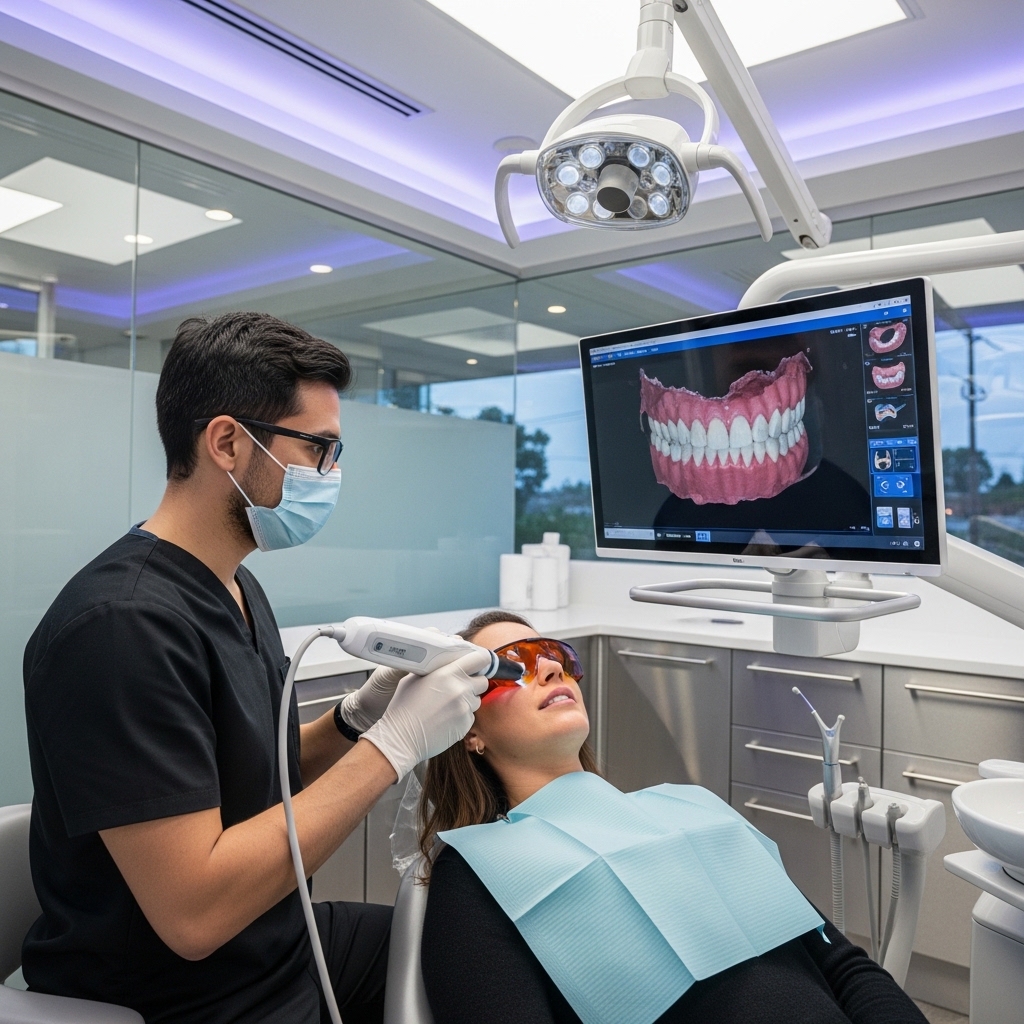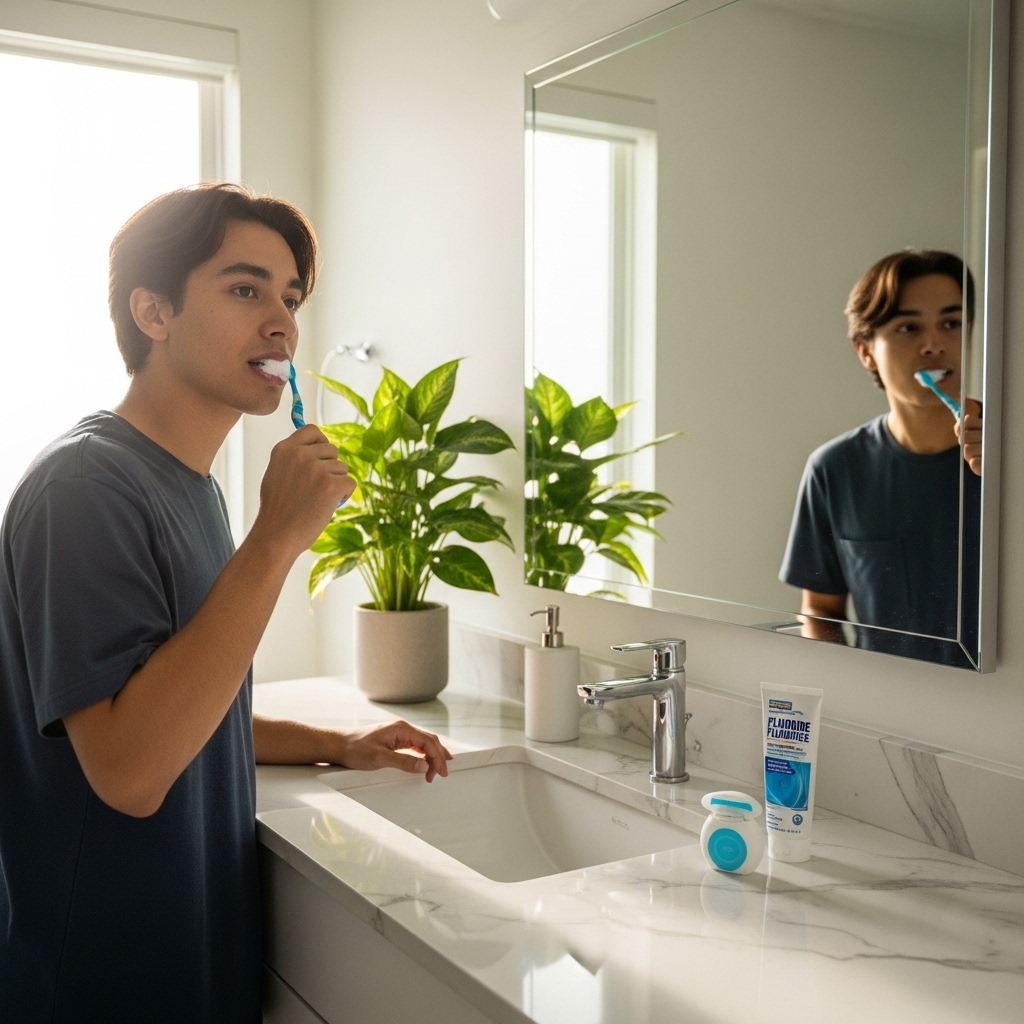When it comes to maintaining a healthy smile, prevention is always better than treatment. The importance of preventive dental care: what your dentist wants you to know goes far beyond cleanings and checkups. It’s about forming habits and following routines that keep oral health issues from developing in the first place. By staying consistent with dental visits and practicing good hygiene at home, patients can avoid a range of problems that might otherwise lead to pain, inconvenience, and costly procedures.
Daily Habits and Regular Visits: The Importance of Preventive Dental Care Your Dentist Emphasizes
At the core of preventive dental care are the daily habits that form the foundation of oral health. Brushing at least twice a day with fluoride toothpaste, flossing daily, and limiting sugary foods and beverages are all practices your dentist wants you to take seriously. These routines help remove plaque and reduce the risk of cavities and gum disease, which are among the most common dental issues.
Equally essential are regular dental checkups and cleanings, typically every six months. These appointments allow your dentist to monitor your oral health and catch problems early. During these visits, plaque and tartar that build up in hard-to-reach areas are professionally removed. Your dentist may also take X-rays to check for decay between teeth or beneath fillings, ensuring that nothing goes unnoticed. These preventive steps are crucial in maintaining long-term oral health and preventing the need for more complex procedures later on.
Preventive care also includes treatments such as fluoride applications and dental sealants. These methods provide added protection, especially for children and teens, whose developing teeth are more prone to cavities. However, adults benefit from these treatments as well, particularly if they are at higher risk for decay or gum issues.
Long-Term Health Benefits: The Importance of Preventive Dental Care Explained by Your Dentist
Beyond the obvious benefits of a healthier mouth, the importance of preventive dental care: what your dentist wants you to know extends to your overall health. Numerous studies have shown links between poor oral health and conditions such as heart disease, diabetes, and respiratory infections. Gum disease, in particular, has been associated with systemic inflammation and can be a risk factor for serious medical concerns. Preventive dental care helps lower these risks by keeping harmful bacteria in check and maintaining a clean, balanced oral environment.
Preventive care is not one-size-fits-all. Your dentist may suggest a personalized care plan based on your specific needs, age, lifestyle, and medical history. This individualized attention allows for more effective management of potential issues before they escalate.
Children, adults, and seniors each have unique oral health concerns that benefit from preventive attention. Teaching kids proper brushing techniques early on sets them up for a lifetime of good habits. Adults may face challenges such as grinding teeth or gum recession, while seniors may need help managing dry mouth or maintaining dentures. Your dentist’s guidance is invaluable in addressing these age-specific needs through preventive care.
Understanding the importance of preventive dental care: what your dentist wants you to know can help you make informed decisions about your oral health. It’s a proactive approach that not only saves time and money but also ensures you maintain a healthy, confident smile throughout your life.
Read More:
What to Expect from a Dentist During Preventive Dental Appointments
Why Visiting the Dentist Regularly Supports Long-Term Oral Health





